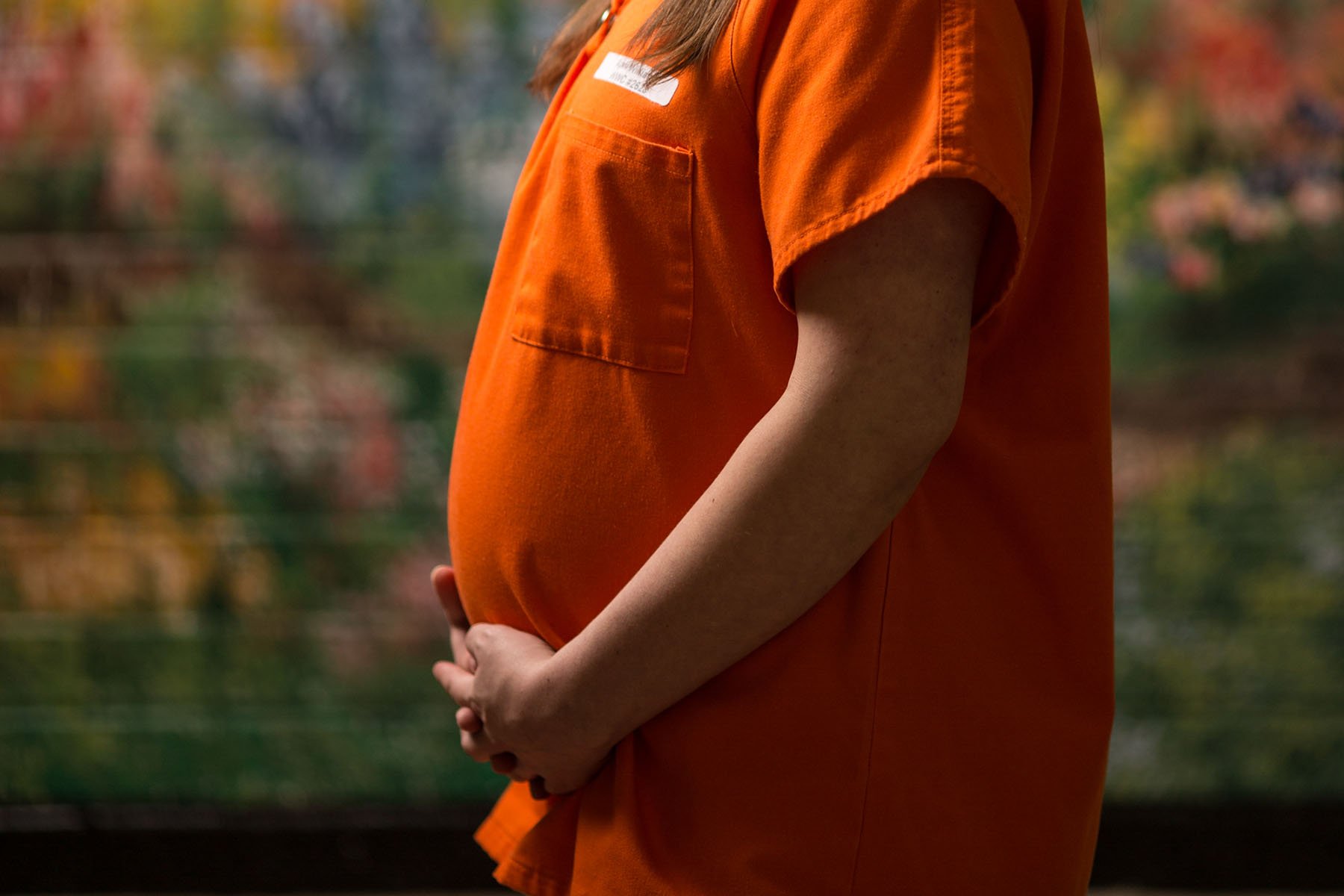Seven years ago, Missouri banned the shackling of pregnant people in state prisons.
State Sen. Mary Elizabeth Coleman, a Republican from Arnold, is hoping to expand the law this year to include city and county jails.
“Now we have seven years of data that this is a fairly small number of inmates and it is not onerous for [the Department of Corrections] to comply with the law,” Coleman said. “We’re able to help keep women who are incarcerated safer.”
Her bill would outlaw the use of restraints in the third trimester, during labor and for the first 48 hours postpartum “except in extraordinary circumstances.”
“You add an increased risk of falls, and it can be really dangerous for women not to be able to have their hands to catch themselves,” Coleman said. “This should only be done when it’s necessary, and when it’s done you need to document to make sure why it was necessary.”
This would put Missouri jails in line with guidance from the American College of Obstetricians and Gynecologists.
Since the shackling ban in state prisons went into effect in 2018, “there haven’t been any reported incidents of a woman in labor trying to harm herself or flee,” said Karen Pojmann, spokesperson for the Missouri Department of Corrections.
The number of pregnant women who are incarcerated in state prisons averages between two and 15 on any given day, Pojmann said. The Missouri Sheriffs’ Association could not immediately be reached regarding data on pregnant women incarcerated in city and county jails.
The legislation would also require all city and county jails to develop intake policies for pregnant people by January 1, 2026, that include mental health evaluations, prenatal vitamins and a nutritious meal plan including an increased calorie intake. It would also prohibit them from being placed in solitary confinement during the first six weeks postpartum, when there’s a greater risk of postpartum depression, and require a female medical professional be present during any prenatal or postpartum medical exams.
While the bill gives jail employees some discretion over the use of handcuffs, it prohibits the use of leg and ankle restraints and only allows wrist restraints to be used if connected in front of the person’s body, rather than behind their back “to protect the offender and the unborn child in the case of a forward fall.”
If a health care provider tells jail staff to remove any shackles, their advice must be followed immediately.
In the case a sheriff or jail employee decides restraints are necessary, they would be required to document the incident in writing within 48 hours and include why they were necessary and what restraints were used.
Liza Weiss, founder and director of Missouri Appleseed, a nonprofit that advocates in part for incarcerated women’s health, said she was thrilled to see Coleman file the legislation again.
“She’s had a longstanding interest in and commitment to incarcerated women’s health, and we are supportive of the bill,” Weiss said.
Weiss said that while a few jails including in Boone County, St. Louis County and St. Louis city have implemented policies that mirror the state ban, most cities and counties have not, leaving a need for this legislation.
Coleman started working on the issue several years ago, and while it sawsome movement last year, it ultimately died at the end of the legislative session as part of the comprehensive crime bill.
One possible roadblock, Coleman said, is the GOP push to return the St. Louis Police Department to state control. The idea is vehemently opposed by St. Louis lawmakers, and Coleman said the legislation “has really stifled any significant crime or detention or correctional facility bills.”
“Because any time there’s something that opens that chapter [of state law],” she said, “that conversation tends to bog things down.”





